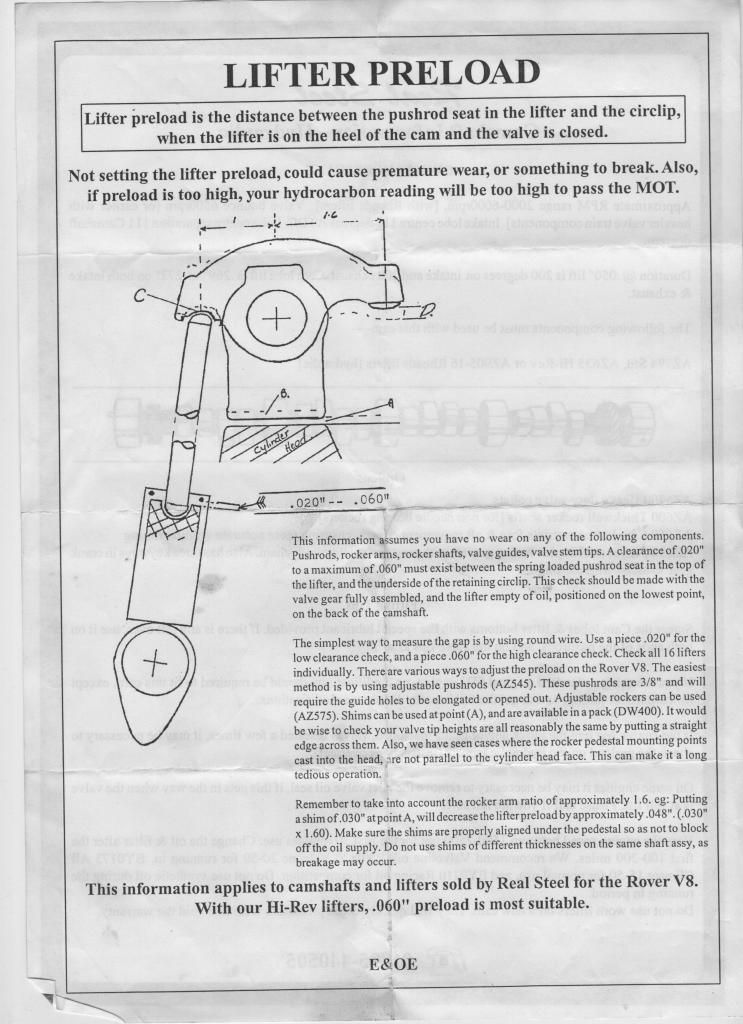DDF has always had noisy cam followers - the unmistakable tapping sound that comes and goes, almost musical in it's own way.
Tom fitted cam and followers , new timing chain.
Rocker shafts were badly worn so he swapped them for a less worn pair.
Oil pressure is good with the uprated pump fitted but there is still a noise when the engine is hot.
He removed the sump to investigate further and found that the oil pickup was filthy - he's cleaned all this up and called it a day because one of the exhaust studs snapped.
If the engine still has a top end rattle that comes and goes, what could be the problem?
All of the below is now new in this car.
camshaft viper hurricane DW262
cam followers AZ794-16
cam sprocket chain kit AZ770
oil pump high volume kit AZ844
inlet manifold gasket CX7590
end seals CX2684 x2
water pump gasket CX1104
timing cover gasket CX2144
Tom fitted cam and followers , new timing chain.
Rocker shafts were badly worn so he swapped them for a less worn pair.
Oil pressure is good with the uprated pump fitted but there is still a noise when the engine is hot.
He removed the sump to investigate further and found that the oil pickup was filthy - he's cleaned all this up and called it a day because one of the exhaust studs snapped.
If the engine still has a top end rattle that comes and goes, what could be the problem?
All of the below is now new in this car.
camshaft viper hurricane DW262
cam followers AZ794-16
cam sprocket chain kit AZ770
oil pump high volume kit AZ844
inlet manifold gasket CX7590
end seals CX2684 x2
water pump gasket CX1104
timing cover gasket CX2144


